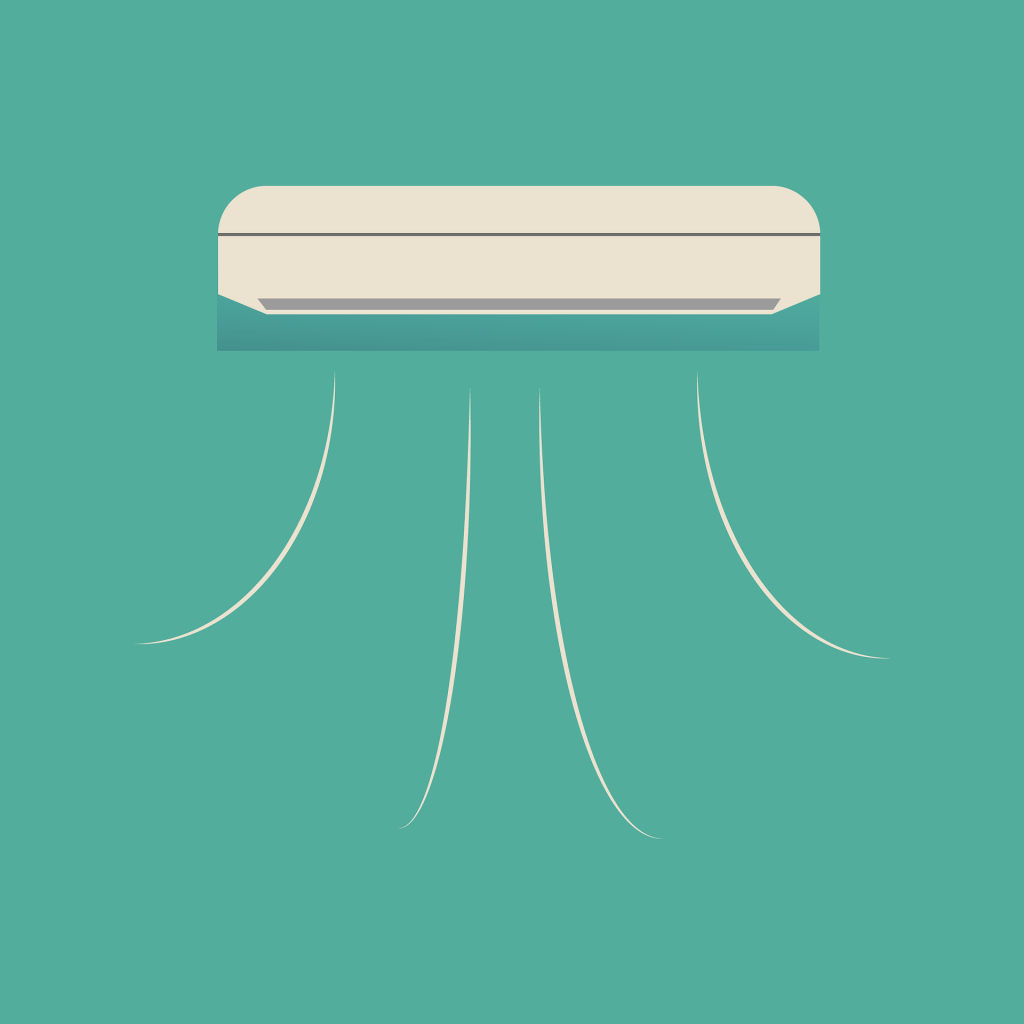We are witnessing the self-service technologies around us since the postmodern age.
These services exclude the involvement of direct service employees, allowing a person to produce services independently.
Hence, it is useful in this time of the pandemic.
Hotels are using it to replace face-to-face service interactions and increase the convenience, accuracy, and speed of the process.
However, many are still unfamiliar with the technologies commonly used by hotel owners, and what purpose they fulfill.
So, here I am writing this article to clear your doubts regarding the popular and commonly used self-service technologies in the hotels.
But let’s first look at the purpose of self-service technologies.
Purpose of Self-service technologies
The main purpose of self-service technologies is to give guests the freedom to control every aspect of their staying process.
Now, guests are more technology-driven and they will expect you to provide them convenience through implementing advanced technologies.
It’s a new way to provide guests satisfaction before, during, and after their stay.
How? Because, it is easy to use, faster and convenient.
These technologies stores useful data about guests from their previous visits.
Thus, your staff can know about guests’ preferences and deliver personalized services to them.
Additionally, a smart self-service kiosk increases the chances of upselling.
Thus, guests may upgrade their room type, redeem special deals, and buy extra services like drop-off at the airport.
Check-in and check-out
Check-in and check-out kiosks make it feasible for visitors to enter the hotel without coming in contact with hotel employees.
Or other guests while standing in a queue and waiting for their turn.
Guests can have a faster and safer check-in and check-out.
Moreover, it collects feedback, and stores important data about guests from their stay history.
Especially when integrates with Property Management System.
Apart from these, it provides other functionalities.
For instance, install Frequently Asked Questions on the screen and the option to receive other services like spa packages, and airport drop-ups.
And staff will provide the details of these services and easily upsell extra services and earn revenue.
Guests can use contactless cards on the machines.
The customers have everything on their cards, i.e, their tastes, with their ID proof and credit cards.
Moreover, it’s also beneficial when guests visit or leave the hotel during odd times.
As they can easily use the kiosks in the absence of hotel employees.
Auto-detection

For smart hotel rooms, the internet of things is useful for the communication of objects.
By connecting through the internet, the devices generate and exchange data, and facts and make it available for people using the devices.
Smart room systems have a central interface located in the hotel that manages the data.
People staying in the room can use their smartphones not only to know check data at any time of the room device, such as room temperature.
But can also actively manages and control devices in the hotel room.
For instance, in the smart room, the sensors will automatically detect the amount of light needed and adjust the lights accordingly.
In the same manner, the air conditioner will automatically adjust the cooling of the room, as per the guest’s body temperature.
Likewise, in the case of a vacant room, the light(s) and air conditioner(s) of the room will completely shut down.
All these functions are easily performed because of Cloud computing.
The smart room reduces energy costs, improves operational efficiency, and better security because there is automatic control.
Self-ordering food technology

Ordering food through applications or through other technology is immensely popular in the hotel industry.
There are two places where a hotel self-ordering food technology is present: its restaurants and guest rooms.
But, it is not essential that every hotel implement self-ordering technology in both places.
For example, at some properties, guests can order food from their room through their phone, which directly connects with the hotel’s restaurant.
On their phone, an application opens after scanning the QR code available in the hotel’s restaurant and rooms.
Through this application, guests can check the menu, and check the boxes of foods, and drinks they want to order.
And if they want, then even customize the order. Afterward, their order is placed in the restaurant.
For restaurants, there are two ways, either provide QR codes on every table or set up a touch screen ordering interface.
In both ways ordering food is easy and quick.
Furthermore, payment is possible from the UPI. Hence, no interaction with the staff is needed.
Chatbots (Automated Customer Service)
Last but not least the most common self-check-in technology that the hotel industry has incorporated in the hotel industry is Chatbots.
A chatbot is a kind of digital technology integrated into a hotel’s website to give a thoughtful response to conversations.
That they are holding with hotel website’s visitors on behalf of the hotel.
In other words, the chatbot’s role is to have meaningful interactions usually through text, as the hotel employees have with guests.
These meaningful interactions will form part of pre-stay and this time is also crucial.
Because it’s used for convincing guests to make reservations.
Guests must feel comfortable and happy with your customer service when they visit your website to book rooms.
And it is not possible if their queries are not resolved during the booking process.
Moreover, installing a chatbot will reduce the stress on your hotel staff, and they can indulge in other activities like administrative services.
Additionally, you can provide support in multiple languages, thus helping you to reach broader audiences.
One major breakthrough of it is that it provides customer support 24/7.
Conclusion
From the above, we understand self-service technologies will provide services to guests without holding a face-to-face interaction with guests.
The self-service technologies that are most sought-after in the hotel industry include.
Check-in and check-out kiosks, chatbots, self-ordering food technology, and the internet of things for auto-detection.
Please share views in the comment box.
If you want to learn about the functionality of QloApps then you can visit this link: QLO Reservation System – Free Open-Source Hotel Booking & Reservation System
In case of any query, issue, or requirement please feel free to raise it on QloApps Forum
Moreover, you can raise a ticket to connect with our experts for any assistance.

Be the first to comment.